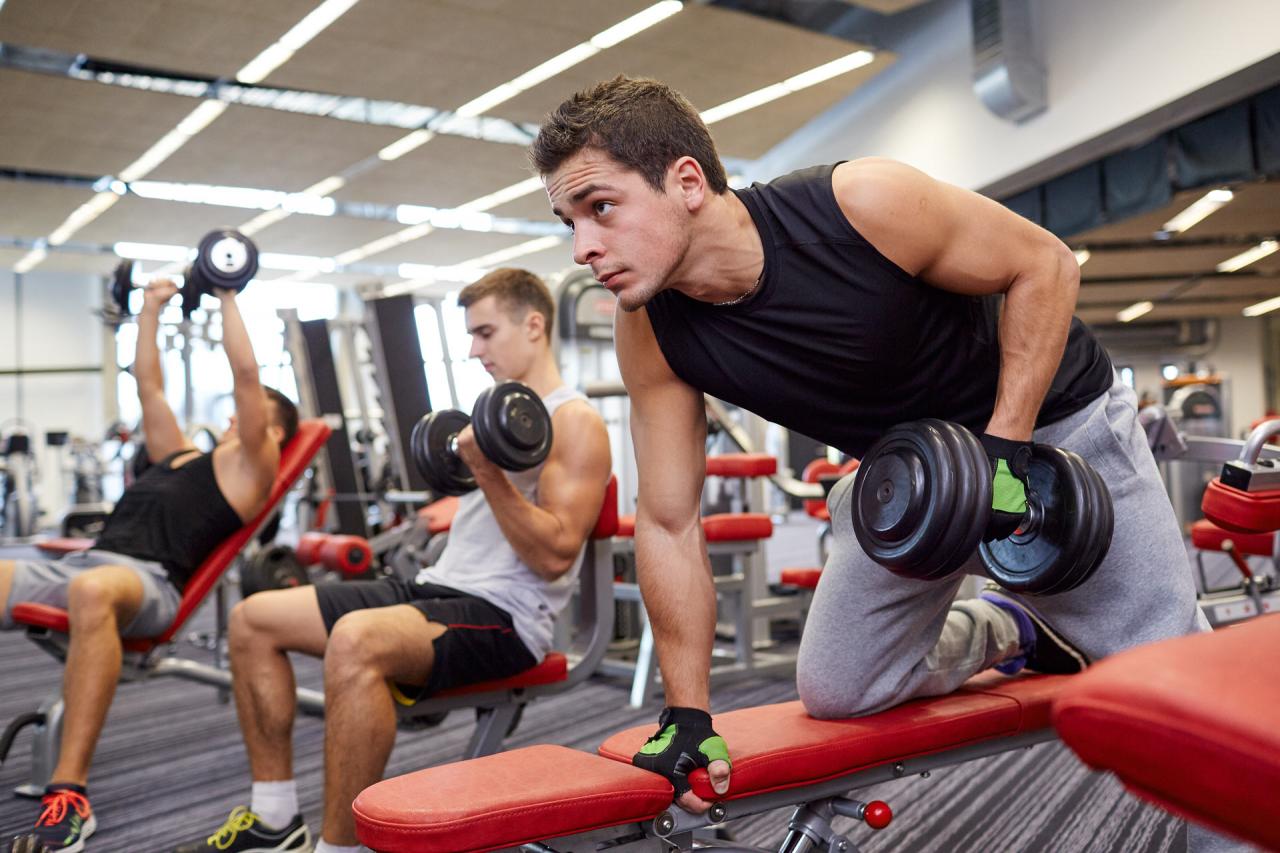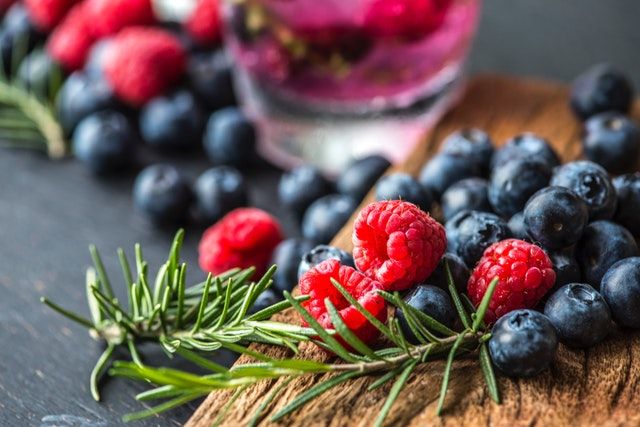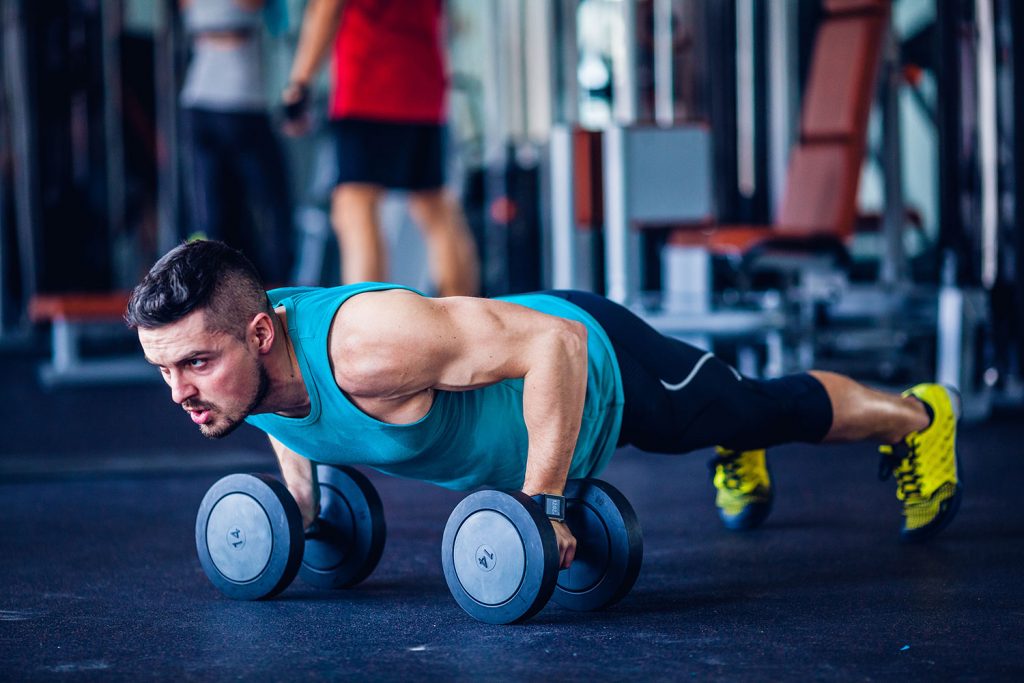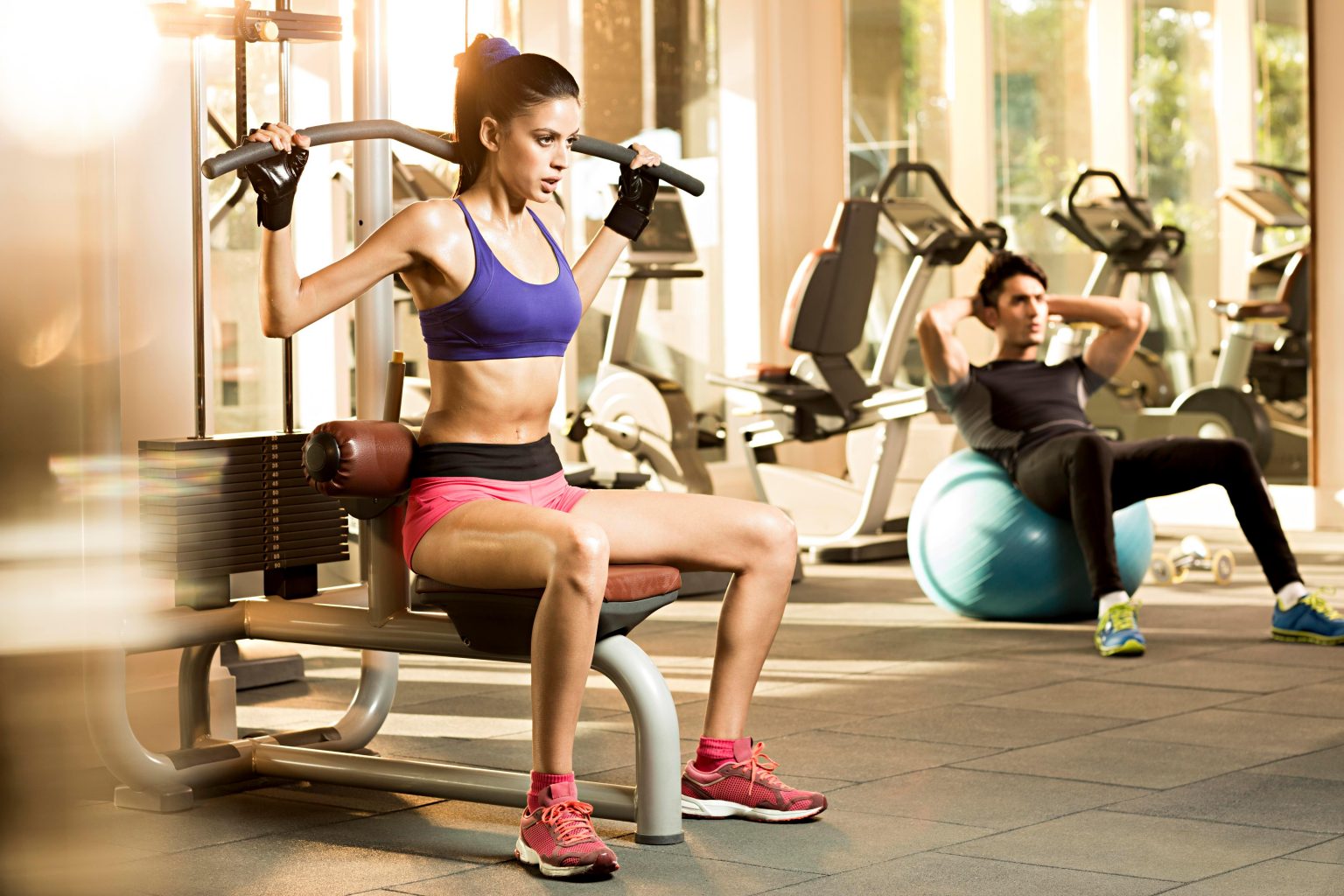Do Antioxidants Ruin Your Training Success?
Antioxidants are being promoted more and more in the health and fitness industries. And rightly so: The radical scavengers help your body to stay healthy and protect it from inflammation.
However, too much antioxidants should be used during exercise minimize the adaptation to the training stimulus and thus the training success. What’s wrong with this rumor?
What are antioxidants?
A multitude of reactions take place in your body that use up oxygen. Such a reaction is also called oxidation . The best example of this is cell respiration, in which the ATP (energy) is produced from sugar (glucose) or fat, whereby oxygen is used.
Sometimes the oxygen atoms grab free electrons, or electron transfer (electron transport chain ) happens incompletely. Then oxygen atoms are formed that are missing an electron. These oxygen atoms are called free radicals (ROS). These are very reactive and can lead to cell damage and inflammation in the body.

To a certain extent, free radicals are natural and perfectly fine. During sport, they are produced in large quantities in stressed muscles and serve as signal carriers. But through an unhealthy diet and a stressful lifestyle, they are chronically excessive.
In excess, the risk 1 for:
increases
- Coronary heart disease
- Weakening of the immune system
- Type II diabetes
- Aging prematurely
To your To protect the body from too many free radicals, the antioxidants come into play.
They help you to neutralize the free radicals and thus avoid cell damage. That’s because antioxidants have an excess of electrons. A sufficient intake of antioxidants is therefore absolutely necessary if you want to stay healthy.
The most important antioxidants in our body are vitamin C, vitamin E and glutathione. There are also antioxidant enzymes (catalase, SOD), for which copper, zinc and selenium are required, as well as polyphenols from the diet.

Do antioxidants prevent training success?
It can therefore be assumed that antioxidants are good and important and that you should take in as many as possible through your diet and, if necessary, supplementation. A distinction must be made here, however:
Free radicals are not always bad for the body, they are also an important signal generator. This also applies to sport.
Without the oxidative stress that arises during physical activity, your muscles will not contain the important signal to adapt to the stress, in this case to sport. Thus, you minimize your training success if you take antioxidants for training.
Study 1
This was confirmed in a 2009 study will. Young athletes took vitamin C and E supplements and could not make any progress in sport. The reason was that the number of free radicals did not change and therefore the stimulus for adaptation was lacking. ²
Incidentally, the same effect was found for endurance and strength training [3,4].
This has not been confirmed with natural antioxidants from vegetables and fruits. Therefore, a nutrient-rich diet should be your first choice to prevent excess free radicals and still make progress with your exercise ..
Age also plays an important role in the amount of antioxidants you need .
Study 2
In another study it was shown that the increase in muscle mass and the size of the muscles with consumption of antioxidants was significantly lower than without antioxidants [5].
Nothing new so far. A strength training program was carried out for 12 weeks. Half received 1000 mg of vitamin C and 350 IU of vitamin E per day, the other group a placebo. The placebo group gained on average 2.5% more fat-free mass than the antioxidant group.
However, the study also took into account the development of maximum strength , with the 1 RM (1 re. With maximum weight) was measured.
The difference? The test subjects were a little older and, interestingly, the maximum strength in the antioxidant group increased by 18.7%, in the placebo group by 15.8%.
The antioxidant group became significantly stronger, although the muscles were smaller . This indicates that these muscles developed healthily, while the placebo group produced a large, weak muscle.
This may be due to the fact that the production of the body’s own antioxidants is significantly reduced with age. The older you are, the more antioxidants you have to take in from the outside in order to be able to train healthily!
Antioxidants in young athletes
Antioxidants also help you regenerate at a young age. Before and immediately after training, supplementation does not make sense here, as discussed. In the regeneration phase, however, you can support your body with supplementation to be ready for training more quickly.
If you are a competitive athlete or train almost every day, you need more antioxidants. Supplementation with a high-quality multivitamin preparation makes sense here [6].
When should you take antioxidants?
The basis to meet your antioxidant needs should be a healthy diet. Green vegetables, offal, seeds, nuts, spices, fish, berries and citrus fruits contain a variety of anti-inflammatory substances.
As you get older, you can get more antioxidants because the body’s own production decreases. If you are a competitive athlete or train a lot, supplementation can also be useful.
Your antioxidant stores can be emptied, especially through environmental pollution such as pollutants, stress or a low-nutrient diet. Here you should record your current status in a blood count and, if necessary, replenish the missing nutrients.
Pay attention to the markers hsCRP and AP in the blood count to get a quick overview of whether your body is slightly inflamed, or not.

The best sources of antioxidants
Before doing this, however, you should use natural foods . The following contain a particularly high amount of antioxidants and micronutrients:
- Ginger
- Garlic
- Turmeric
- Olive oil
- Coffee and green tea
- Berries
- Apple cider vinegar
- Flax seeds
- Green vegetables
- Fish and seafood
- offal e.g. B. Beef liver
antioxidants as dietary supplements
Vitamin C is a classic and still has its right to exist. 1-3 grams daily are fine as a dietary supplement to support the body with antioxidants.
Vitamin E is a good supplement to vitamin C, as it especially clears the cell walls from exposure Protects radicals. When choosing a product, make sure that it contains not only α-tocopherol, but also ß-, γ- and δ-tocopherol and tocotrienols (various forms of vitamin E).
There are also multivitamin products to: The Alpha Man from MyProtein and Two-Per-Day (Life Extension) are very balanced and high-dose.
Astaxanthin is one of the strongest antioxidants in nature and is also popularly used. It works quickly and reliably in the event of inflammation or pain in the musculoskeletal system. An amount of 12 mg daily is recommended. The Vit4ever product has a good price-performance ratio.

